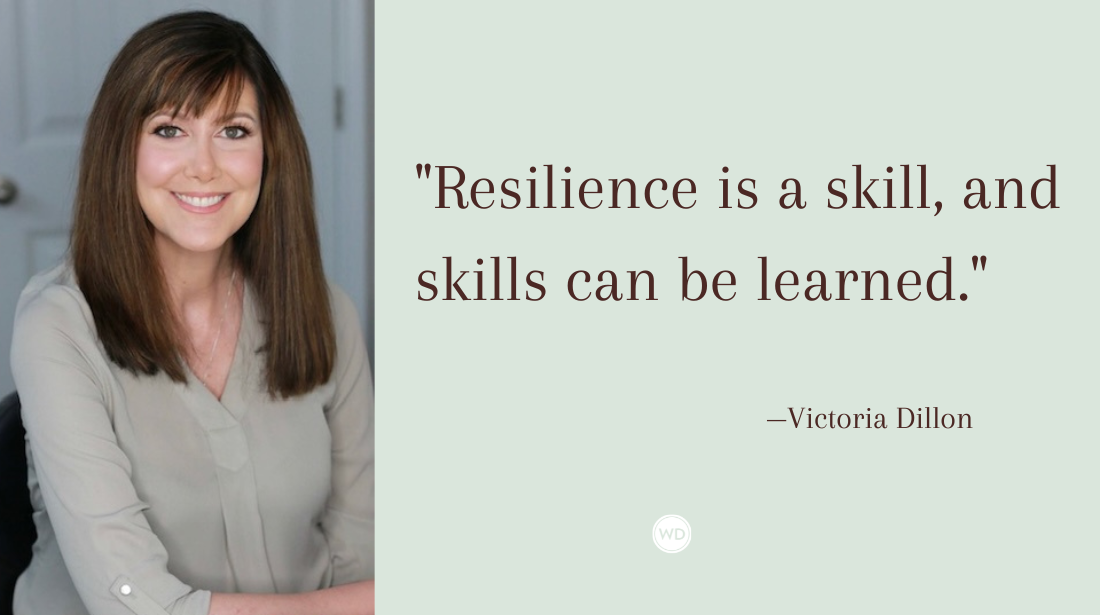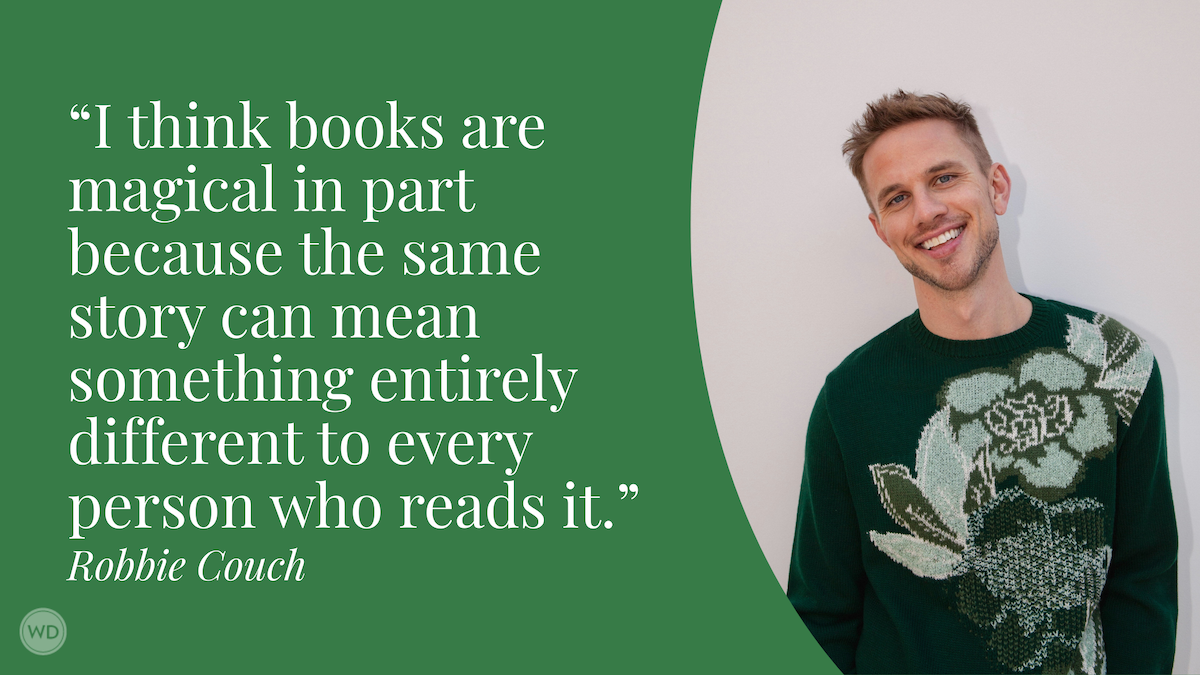The Art of Efficient Waiting
Twine author Monica Duncan shares her best revision secret: waiting and returning to edit a manuscript with fresh eyes.
Twine author Monica Duncan shares her best revision secret: waiting and returning to edit a manuscript with fresh eyes.
Was it my imagination, or did my writing just get suckier while I went away on vacation? As a musician I am familiar with the infamous quote from the famous violinist Jascha Heifetz:
“If I don't practice one day, I know it; two days, the critics know it; three days, the public knows it.”
That quote was always more like a slap across the face than the kick in the ass it was supposed to be. But what the heck? Writing is different. Words don’t intrinsically alter themselves or make a sound that could devolve in my absence. Taking a break from writing isn’t like taking a break from practicing my clarinet. I don’t lose my technique or control while I am away from the page. My words just sat there like a schlump while I slept in a tent for a week. (Did I say vacation? I meant “vacation.”)
But I swear this excerpt I’m about to show you was brilliant the week before. In fact, I remember I had moved myself to tears with the emotion of writing it (aided only by one finger of bourbon and a smattering of hormones.) How did my writing get literally worse during the week I was gone?
Objectivity, baby. This is gonna hurt a little to admit the truth here, but I must: It sucked that much before I left. I just couldn’t see or hear it as well as I do now.
Sometimes I am asked if any aspect of the writing process presents a challenge to me. Of course there are many, but the one that I think might not be expected is what I call “the waiting.” I have learned that I need to go away from a finished section or piece … and wait. When I come back to it, I will have gained some objectivity so that I can revise. I cannot skip this waiting step, and I have figured out that it is ironically the most efficient thing I can do to finish a piece. I do try to focus on some other aspect of my current work-in-progress or something else altogether, or even enjoy a “vacation” while what I just wrote "bakes." This waiting has become a valuable yet unexpected tool in my writing regime.
By now, I’m sure you’re curious about that first draft. Here is my original heartfelt excerpt:
“She wondered if heaven was pink if you died in the evening as the sun was setting, not fluffy white like you think it’s going to be. That afternoon Grandpa was in his old recliner, his eyes a mask, his skin yellow from cancer. Everyone was hushed around him, waiting. But Marly was already thinking ahead to his future. And there, on that waning, waiting afternoon she could imagine Grandpa enveloped in the flush of sky above his forest.“
When I wrote this, all I felt was the moment of imminent death of a beloved patriarch. But when I got home from vacation and re-read it, every extra word sounded like a wrong note. The punctuation was off and the rhythm wasn’t right. One week away and one read-aloud later I could practically be my own editor, at least to start with.
The first thing I do when I re-open a document is to read it out loud. I don’t know if it’s solely my background in music that makes this step indispensable, but even someone with a tin ear would realize that they have written “she” six times or used three gratuitous commas. It’s hard to see those, but easy to hear. This is why after I write something, I listen to it. Every time.
So after the waiting and then reading aloud, it wasn’t too hard to make the second draft cleaner:
“She wondered if heaven was pink if you died in the evening as the sun was setting, not fluffy white like you think it’s going to be. That afternoon Grandpa was in his old recliner, his eyes a mask, his skin yellow from cancer. Everyone was hushed around him, waiting. But Marly was already thinking ahead to about his future. And there on that waning, waiting afternoon she could imagine Grandpa enveloped in the flush of sky above his forest.”
I walked away. I listened. But something still wasn’t quite right, so I tucked this away without looking at it for another couple of weeks. When I came back, I could tighten it up, tweak it that last little bit, to this:
“She wondered if heaven was pink if you died in the evening as the sun was setting. That afternoon Grandpa was in his recliner, his eyes a mask, his skin yellow from cancer. Everyone hushed around him, waiting. But Marly was already thinking of his future.”
Ah, much better. This is the keeper. Duke Ellington summed it up: “If it sounds good, it is good.”
So this "efficient waiting" is a formula I can almost count on. We have to learn from our mistakes, and one of mine was assuming that the emotion I felt upon writing a line would evoke the same emotion in my reader.
Like catching catching your ass in a three-way mirror or hearing your own voice on a voicemail, objectivity only emerges with the element of surprise. And one way to achieve a sort of surprise is through the lens of time.
I may not have mentioned that this is an opening to a novel I finished a few years ago. But too much of the rest of it, unfortunately, kinda sucks. So I walked away. I walked away for good. This novel is not seeing the light of day. But the opening? Shazam.
I want to thank my developmental editor Sarah Cypher for many of the insights on my first manuscript here. She’s awesome. Check her out: threepennyeditor.com
In WD University's 12 Weeks to a First Draft, you will tackle the steps to writing a book, learn effective writing techniques along the way, and of course, begin writing your first draft. Register today!
About Monica Duncan
Monica Duncan is a writer of literary fiction, musician, wife, and mother. Originally from Michigan, she finds herself continually drawn to the hidden richness of the places she comes from. Now living in Newburyport, Massachusetts, she is still at home, by the water. Monica holds music degrees from Michigan State and Indiana University, and is active as a freelance musician and teacher in the Greater Boston area. She’s pretty sure she’ll always be in love with the soundtrack from O Brother, Where Art Thou?, and has discovered that her favorite skill as a writer she learned from her life in music: Be a good listener.









